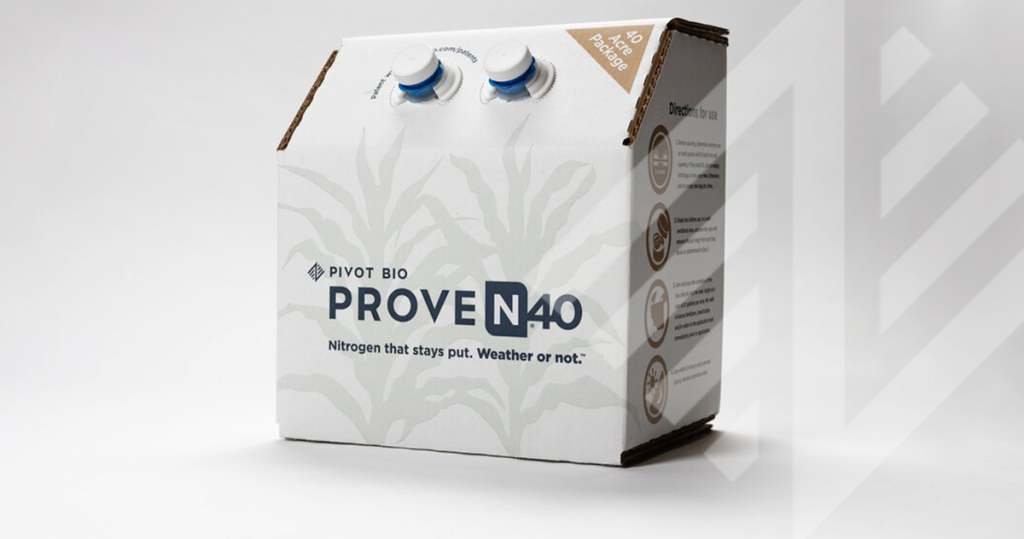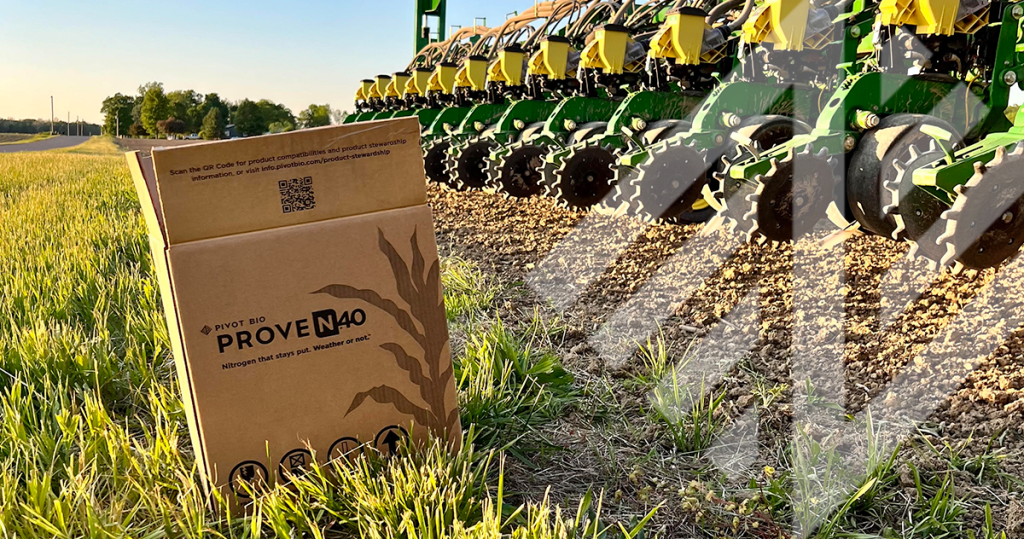Five Questions to Maximize Your Nitrogen Management Plan

Of the 17 essential nutrients that corn utilizes during the growing season, none are more important to a successful season than nitrogen.
Fred Below, Ph.D., a well-known corn expert and professor of plant physiology at the University of Illinois in Champaign, ranks nitrogen as the “second wonder” of successful corn farming in The Seven Wonders of the Corn Yield World.
No. 1 is weather.
In the ever-evolving world of agriculture, where volatile nitrogen prices and unpredictable weather patterns present ongoing challenges, the ability to maximize nitrogen utilization while minimizing waste and costs is key to success. And while farmers, including myself, cannot control the weather, there are a few things we can do to make sure our nitrogen plan works as planned.
When planning for the season, I consider the following questions to help me get the most out of my nitrogen plan.
1. What costs associated with nitrogen application should I consider when developing a nitrogen management plan?
To realize nitrogen efficiency, you must first comprehend the total cost of synthetic nitrogen.
Outside of the initial fertilizer cost, it’s important to understand how much nitrogen is actually benefiting the plant. Research from the University of Illinois indicates that a significant portion, 40%-50%, of synthetic nitrogen applied is never utilized by the plant.
To address this, many farmers who use synthetic nitrogen also invest in stabilizers, and that cost should be factored in. On average, they cost 10 cents per pound and are effective for 10-14 days after application.
Stabilizers can also be effective when used alongside organic fertilizers like manure. Even though the window is relatively short, I use stabilizers on my farm when applying manure in hopes of overlapping with a drop in soil temps to reduce natural nitrogen denitrification. It’s important to note that weather conditions and application timing influence the effectiveness of stabilizers.
Beyond uptake and stabilizers, various other factors impact the efficacy of synthetic nitrogen application, including field conditions, labor, fuel, machinery and timing costs. Weather-related delays and rescue applications can further affect plant health and yield protection.
By replacing 40 pounds of synthetic nitrogen with microbial nitrogen, I get a foundational application that delivers precise, timely nitrogen delivery to the crop, reducing guesswork and costs related to external factors.
2. How can an efficient nitrogen management plan help maximize profits?
Efficient nitrogen management can generate cost savings. Nitrogen fertilizer prices and commodity grain prices have experienced significant fluctuations over the past few years, with swings influenced by a combination of factors, including changes in supply and demand, global conflict, weather conditions and other market dynamics.
When it comes to applying synthetic nitrogen, excessive application not only causes a financial loss but also poses environmental risks.
Using various nitrogen sources in your plan ensures more stable nitrogen availability, promoting efficient uptake and utilization by plants while minimizing the reliance on less productive synthetic fertilizers.
3. How can I optimize nitrogen efficiency?
Your trusted advisor can help you better understand current nitrogen efficiency within your soil profile and provide recommendations on mitigating nitrogen losses.
For example, applying all the required synthetic nitrogen upfront often results in losses. To address this issue, many farmers adopt a split-application approach. However, application with synthetic nitrogen comes with associated financial risks, as mentioned earlier. These risks can be better managed by ensuring that synthetic nitrogen is worked into the soil and not left on the surface. Timing is also critical; synthetic nitrogen should not be applied to the soil before heavy rainfall because it can leach too deep into the soil profile for the plant’s roots to access.
In addition to smart synthetic nitrogen management, weather-resistant microbial nitrogen can help guarantee consistent nitrogen uptake to plant roots.
4. How can I assess and adjust my fertilizer management plan for the growing season?
You can work with your agronomist to understand how your current fertilizer management plan aligns with your future goals. Agronomists can help evaluate current yields and how those outcomes are impacted by the nitrogen in the soil profile.
Agronomists can also conduct a comprehensive nitrogen inventory to help you better understand the true nitrogen-holding capacity of your soil. To do this, agronomists use multiple yield and soil data points and consider weather conditions and other factors that might affect the organic matter of the soil. The goal is to provide you with a comprehensive understanding of your soil profile, allowing you to manage your current and future nitrogen needs.
5. How can I effectively adapt my fertilizer management plan to account for extreme weather conditions?
Weather is the biggest factor and the hardest to predict. The timing of planting can offer the strongest defense against unpredictable — and sometimes extreme — weather conditions.
Working with an agronomist, you can better balance your nitrogen application plan by replacing synthetic nitrogen with microbial nitrogen. This weather-proof option brings consistency to the amount of nitrogen the plant receives during the growing season.
Pivot Bio revolutionizes nitrogen management plans by offering farmers precision and stability. Our microbial nitrogen products, PROVEN® 40 and RETURN® ensure reliable nitrogen delivery and utilization by the plant, regardless of weather conditions. In fact, PROVEN 40 On-Seed was recently named one of Time magazine’s best inventions of 2023 for its use of naturally occurring microbes that live on the plant’s root system, releasing nitrogen when the plant needs it most.
I encourage my fellow farmers to contact their Pivot Bio rep, who can connect you with an agronomist in your area to learn more about microbial nitrogen. It can eliminate the guesswork from your nitrogen management plant, reduce your dependence on synthetic fertilizers and minimize losses caused by uncontrollable weather conditions, ultimately giving you more success in the field.


